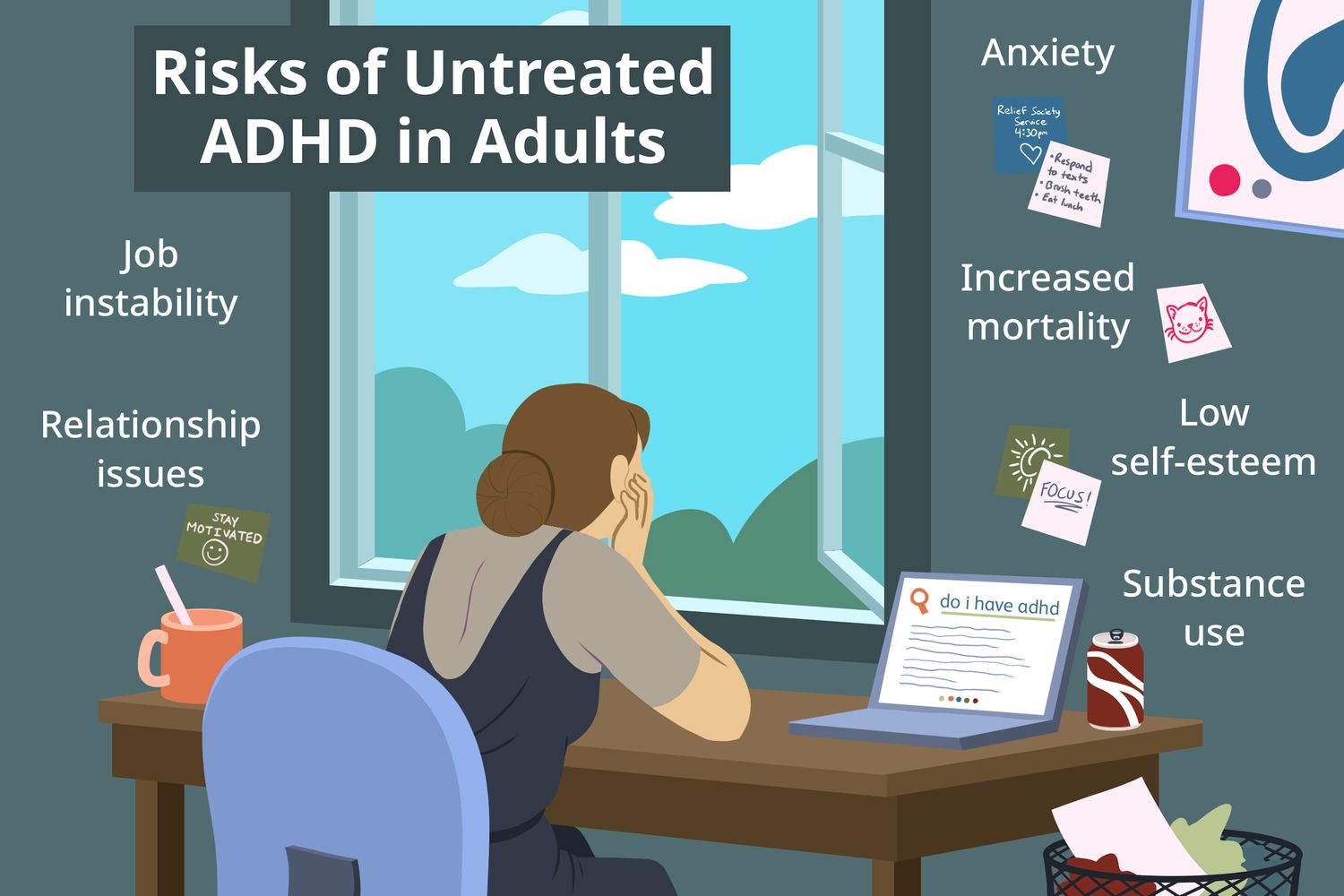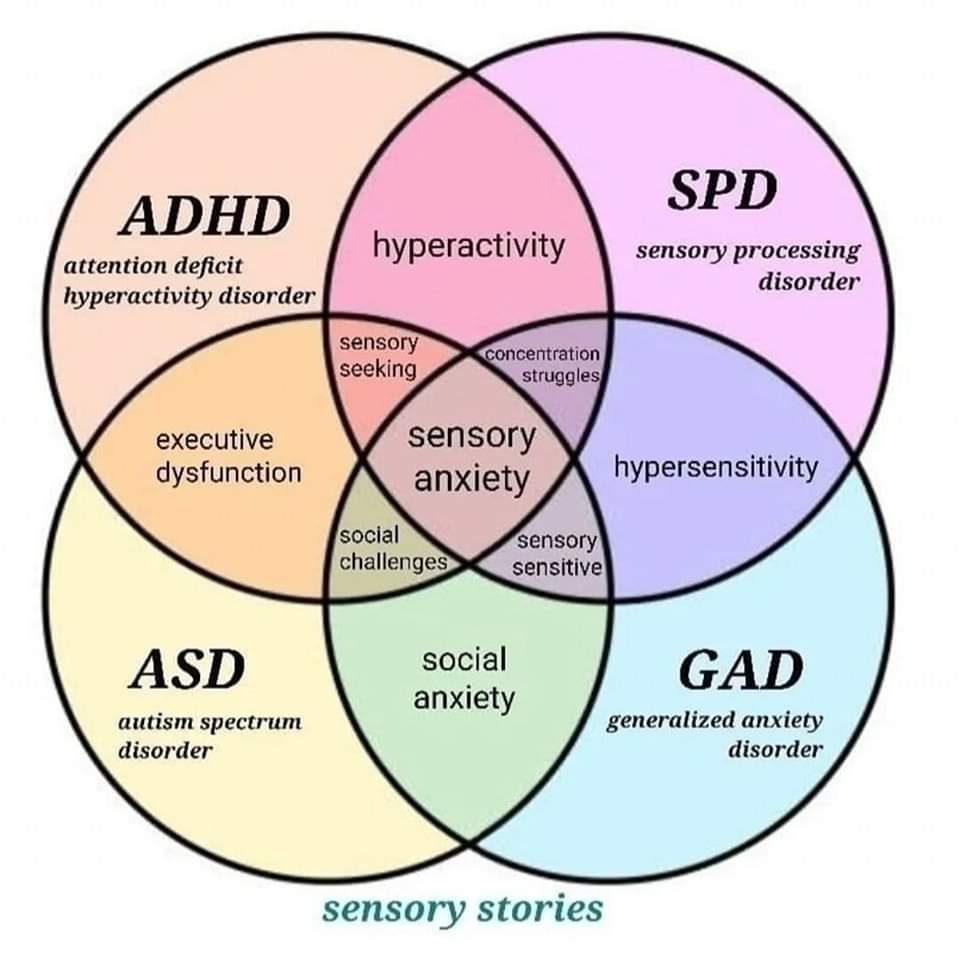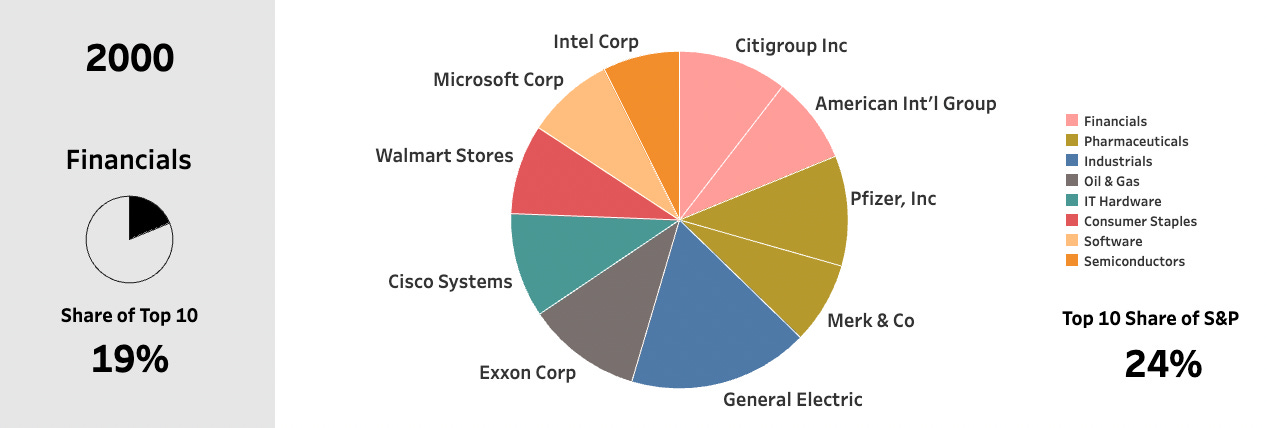Coping With A Potential Adult ADHD Diagnosis

Table of Contents
Understanding the Symptoms of Adult ADHD
Adult ADHD, while sharing similarities with childhood ADHD, presents differently. Unlike children, adults with ADHD often haven't experienced the disruptive hyperactivity commonly associated with childhood ADHD. Instead, they may present with more subtle symptoms, leading to delayed diagnoses. Adult ADHD is characterized by persistent patterns of inattention and/or hyperactivity-impulsivity that interfere with functioning or development.
Common symptoms include:
- Difficulty focusing and sustaining attention: Struggling to concentrate on tasks, easily distracted by external stimuli, and experiencing mind wandering.
- Impulsivity and acting without thinking: Making hasty decisions, interrupting conversations, and engaging in risky behaviors.
- Hyperactivity (restlessness, fidgeting): While not always outwardly obvious as in children, this can manifest as internal restlessness, difficulty sitting still, and excessive talking.
- Problems with organization and time management: Chronic lateness, difficulty prioritizing tasks, and struggling to meet deadlines.
- Forgetfulness and difficulty remembering appointments/tasks: Misplacing items frequently, forgetting important appointments, and struggling with daily routines.
- Emotional dysregulation: Experiencing intense emotional reactions, mood swings, and difficulty managing frustration or anger.
It's crucial to remember that not everyone experiences all of these symptoms to the same degree. The severity and combination of symptoms vary significantly from person to person. If you recognize these symptoms in yourself, consider seeking a professional assessment. This is the crucial first step in understanding and managing your condition.
Seeking Professional Evaluation for Adult ADHD
A proper diagnosis of adult ADHD is essential for effective management. This should come from a qualified professional, such as a psychiatrist, psychologist, or neuropsychologist, experienced in diagnosing and treating ADHD in adults. Self-diagnosing based on online information alone is not recommended.
The process of seeking an evaluation generally involves:
- Finding a specialist in adult ADHD: Many therapists and doctors specialize in adult ADHD; online searches and referrals from your primary care physician can help.
- Types of assessments used: Expect a comprehensive evaluation using various methods, including questionnaires (like the ASRS-v1.1), clinical interviews to gather detailed information about your symptoms and history, and possibly neuropsychological testing to assess cognitive functions.
- What to expect during an evaluation: Be prepared to provide a detailed account of your symptoms, their impact on your life, and your personal and family history. The more information you provide, the more accurate the diagnosis will be.
Self-reporting is vital; honesty and detailed information about your challenges are crucial for a precise assessment. Remember, there is no shame in seeking help.
Coping Mechanisms and Strategies for Managing ADHD Symptoms
Managing ADHD symptoms effectively involves a multi-pronged approach encompassing lifestyle changes, organizational tools, and therapeutic interventions.
Lifestyle Changes
- Regular sleep hygiene: Prioritizing sufficient and consistent sleep significantly impacts focus, mood, and overall well-being.
- Healthy diet and regular exercise: A balanced diet and regular physical activity improve energy levels, reduce stress, and contribute to better cognitive function.
- Stress management techniques: Techniques like meditation, yoga, and mindfulness practices can help manage the stress that often exacerbates ADHD symptoms.
Organizational Tools and Techniques
- Time management strategies: Employing techniques such as the Pomodoro Technique (working in focused intervals with short breaks) or time blocking (scheduling specific times for tasks) can improve productivity.
- Utilizing planners, calendars, and reminder apps: Leveraging technology and traditional planning tools helps organize tasks, appointments, and deadlines.
- Creating structured routines and establishing clear goals: Establishing daily and weekly routines, breaking down large tasks into smaller, manageable steps, and setting realistic goals promotes a sense of accomplishment and reduces overwhelm.
Therapeutic Interventions
- Cognitive Behavioral Therapy (CBT) for ADHD: CBT helps identify and challenge negative thought patterns and develop coping mechanisms for managing impulsivity and emotional regulation.
- Medication options for symptom management: Medication can be a helpful adjunct to therapy and lifestyle changes for some individuals. Always consult with a doctor to discuss the potential benefits and risks of medication.
- Support groups and peer-to-peer support: Connecting with others who understand the challenges of living with ADHD provides valuable emotional support and practical advice.
The Emotional Impact of an ADHD Diagnosis
Receiving an ADHD diagnosis can trigger a wide range of emotions. Many individuals experience relief and validation, finally understanding the source of their struggles. Others may feel disappointment, sadness, or even anger. It's important to acknowledge and process these emotions. Self-compassion and acceptance are crucial during this time.
Don't hesitate to seek emotional support through therapy, support groups, or counseling. Talking to a mental health professional can provide a safe space to process your feelings and develop strategies for managing the emotional impact of your diagnosis.
Conclusion
Coping with a potential adult ADHD diagnosis can be a challenging but ultimately empowering journey. By understanding the symptoms, seeking professional help, implementing coping strategies, and prioritizing emotional well-being, you can effectively manage your ADHD and improve your quality of life. Don't hesitate to take the first step toward understanding and managing your symptoms. If you suspect you might have adult ADHD, seek a professional evaluation today. Learning about and addressing your adult ADHD is an investment in your future well-being.

Featured Posts
-
 Nyt Spelling Bee Puzzle 360 February 26th Complete Guide With Hints
Apr 29, 2025
Nyt Spelling Bee Puzzle 360 February 26th Complete Guide With Hints
Apr 29, 2025 -
 2026 Porsche Cayenne Ev What The Spy Shots Tell Us
Apr 29, 2025
2026 Porsche Cayenne Ev What The Spy Shots Tell Us
Apr 29, 2025 -
 New Research Highlights The Link Between Adhd Autism And Intellectual Disability
Apr 29, 2025
New Research Highlights The Link Between Adhd Autism And Intellectual Disability
Apr 29, 2025 -
 Us Attorney General Demands Minnesota Enforce Transgender Athlete Ban
Apr 29, 2025
Us Attorney General Demands Minnesota Enforce Transgender Athlete Ban
Apr 29, 2025 -
 The Magnificent Sevens 2 5 Trillion Market Cap Decline
Apr 29, 2025
The Magnificent Sevens 2 5 Trillion Market Cap Decline
Apr 29, 2025
Latest Posts
-
 The Family Next Door Farming Life With Amanda Clive And Their Children
Apr 30, 2025
The Family Next Door Farming Life With Amanda Clive And Their Children
Apr 30, 2025 -
 Ravenseats Recent Setbacks Amanda Owen Provides A Family Update
Apr 30, 2025
Ravenseats Recent Setbacks Amanda Owen Provides A Family Update
Apr 30, 2025 -
 New Challenges For Amanda Owen And Family At Ravenseat Farm
Apr 30, 2025
New Challenges For Amanda Owen And Family At Ravenseat Farm
Apr 30, 2025 -
 Amanda Clive And Kids A Day In The Life Of Our Farm Next Door
Apr 30, 2025
Amanda Clive And Kids A Day In The Life Of Our Farm Next Door
Apr 30, 2025 -
 Amanda Owen Facing Challenges And Sharing A Family Update From Ravenseat
Apr 30, 2025
Amanda Owen Facing Challenges And Sharing A Family Update From Ravenseat
Apr 30, 2025
